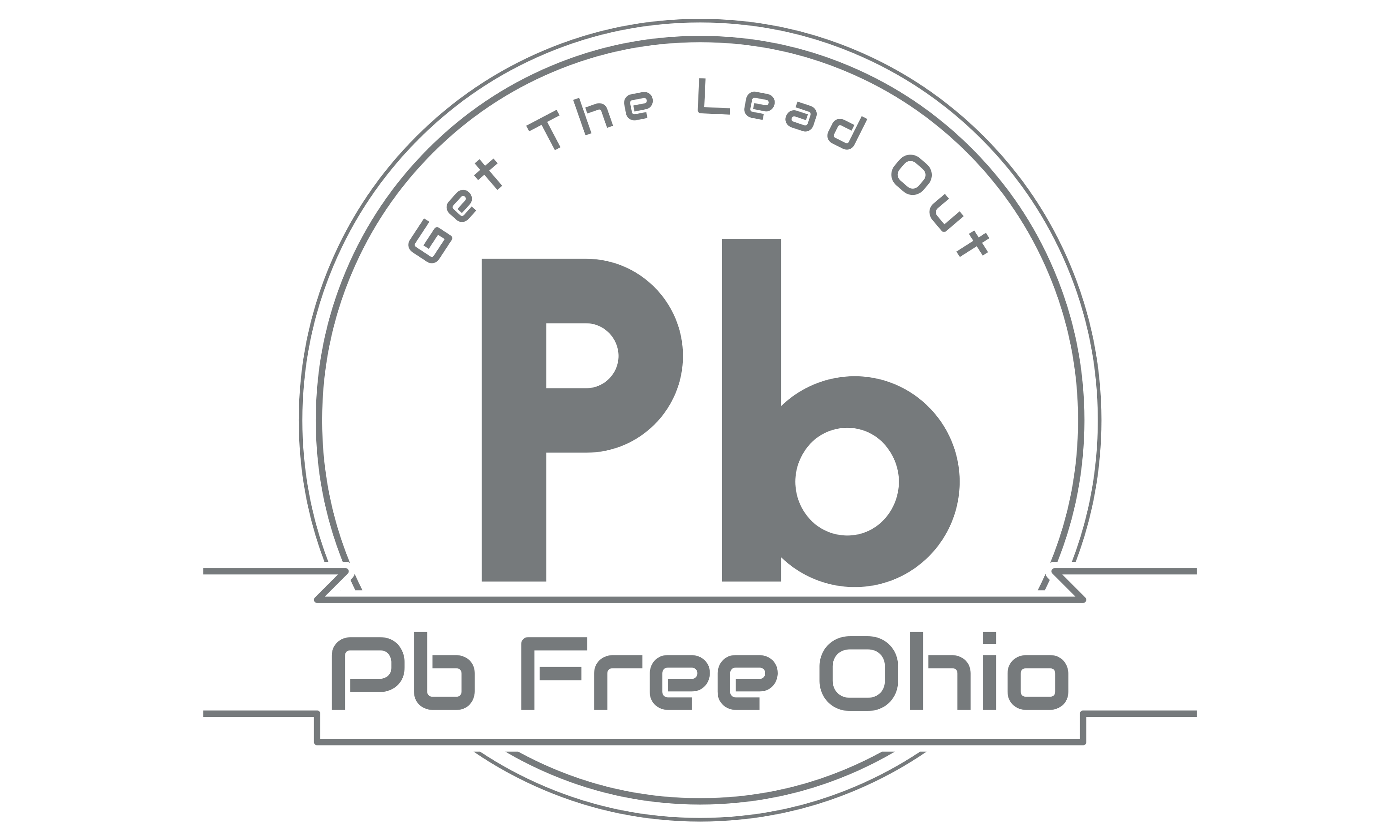
From January 2019, people from across Cleveland gather to come up with a plan to address lead poisoning.(Gus Chan / The Plain Dealer)The Plain Dealer
CLEVELAND, Ohio — Cleveland’s 2019 lead-safe law hasn’t delivered the progress it promised. Now, a Cleveland Councilwoman says it’s time to have an open conversation about changes — or risk children continuing to be poisoned.
Councilwoman Rebecca Maurer put out a report Thursday that lays out Cleveland’s progress on lead, or lack thereof, and suggests changes the city could make going forward. She said the city is at a crossroads and needs to deliver its limited resources in a more focused approach.
“I want more money spent on physically repairing homes, and I want that money to be spent at the homes and at the locations that are most likely to poison kids,” Maurer said.
Any change can have a domino effect, Griffin said. The council president said he’s open-minded, but he also knows this isn’t legislation that can be rushed.
In conjunction, public and private sectors came together and created The Lead Safe Cleveland Coalition — a separate nonprofit with its own $92 million to spend by the end of 2027.
At the time the effort was seen as the first time Cleveland was taking a preventative stance against lead, instead of a reactive one.
Griffin was on council at the time and helped spearhead the legislation. Maurer was an activist and a member of CLASH, the Cleveland Lead Advocates for Safe Housing. She went on to win a council seat in the 2021 general election. She is now co-chair of the city’s Lead-Safe Advisory Board.

Councilman Blaine Griffin during a press conference for the Lead Safe Plan for the city of Cleveland. January 22, 2019 (Gus Chan / The Plain Dealer)The Plain Dealer
Data released by Cleveland in October and updated in February showed that the city’s lead-safe law has failed to protect young children from lead paint exposure. Since 2019, the rate of Cleveland kids getting poisoned by lead has remained stagnant.
There is no safe level of lead in the blood. Exposure, especially in young children, can cause irreversible brain and neurological damage. It can lead to learning disabilities, trouble with attention and behavioral problems, including the increased likelihood of violent crime later in life.
Many landlords do not comply with the lead-safe law. As of April, just over 24,500 rental units in Cleveland are lead-safe certified — about half of the city’s estimated 50,000 rentals
To heighten enforcement on landlords, Bibb and City Council passed the “Residents First” legislation in early 2024, a series of changes that gave City Hall new blight-fighting tools to enforce housing issues.
Bibb also changed the city’s policy in October to mandate rigorous testing for rental units.
In her report, Maurer said Cleveland is full of people working to keep kids safe from lead. However, the city hasn’t made the progress it needs too.
She said she is trying to reopen this discussion now because Cleveland needs to pivot and strengthen its policies to protect kids from lead. Maurer said the city does not have many bites at that apple left.

Rebecca Maurer, all the way to the right, stands with members of Cleveland Lead Advocates for Safe Housing (CLASH) as they delivered more than 10,000 signatures to City Hall in order to get lead poisoning prevention legislation in front of City Council.
Cleveland and the nonprofit Lead Safe Coalition have struggled to spend money that could be spent to clean lead from homes. Maurer said that needs to improve.
But the city also needs to focus its resources, Maurer said. Instead of spreading both money and staff thin, the city should focus on older homes that are more prone to lead issues, and on moving components like doors and windows — which with wear and tear over time can release more lead dust.
She said focusing more on some properties may leave others with less scrutiny, but that Cleveland needs to make hard choices to make progress.
Dr. David Margolius, Cleveland’s director of public health, said he and Bibb’s administration agree with many of the ideas in Maurer’s report. Many of them are already in progress, he said.
When it comes to hiring a “lead czar,” Margolius said that work is better managed by the directors of individual city departments.
One example is the kind of tests that landlords can use to deem a home as lead safe.
Griffin said the 2019 coalition deliberated on all these issues. Any future changes need the same consideration.
